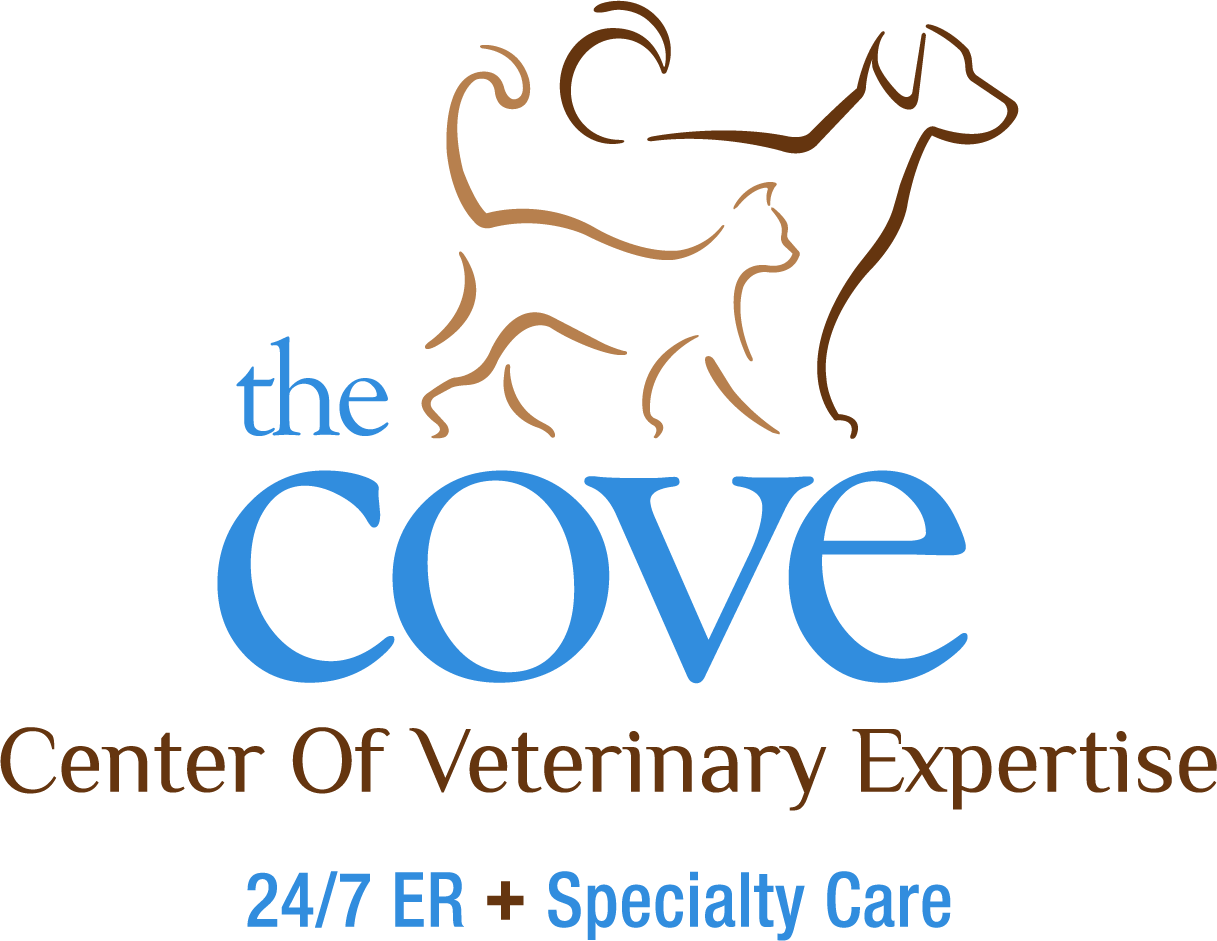Record-breaking rainfall, tropical storms, hurricanes, and flooding have been on everyone’s minds lately. Every time you read the news, there seems to be a new disaster affecting one or more parts of the country. As you may have learned from Scouts or a first aid course, being prepared is your best line of defense in an emergency. Yet, fewer than half of U.S. households have a disaster response plan, and fewer still have a plan that includes pets.
September is National Disaster Preparedness Month, so we are providing tips and guidance on how to be ready to care for your pets should you lose power or need to evacuate.
Disaster Planning 101
In Suffolk County, we are no strangers to disaster response planning. However, creating an effective plan takes time and energy, and can be overwhelming. Try tackling one thing at a time to ensure you stay on track and are not overburdened.
Power outages. Power outages are becoming more common for various reasons all over the nation. Unfortunately, there’s no way to predict how long a power outage will last, so be prepared with a two-week supply of your pet’s food and bottled water. Also, ensure an extra supply of any prescription medication your pet needs if refills aren’t an option during an emergency. You’ll also want to keep a printed contact list of emergency phone numbers for your pet in case cell phones aren’t working. Your list can include the Animal Poison Control Hotline and our emergency hospital number. The COVE will remain open during natural disasters and will continue to serve animals in need. Call us anytime 24/7 if you have questions or concerns about your pet.
Evacuation planning. When you receive an evacuation order, it is impossible to know when you’ll be able to return, as circumstances often change during a disaster. Since you may not be allowed (or able) to return to your home as soon as you would wish, always plan to take your pets with you. Nansemond River High School is the city’s pet-friendly shelter, but many other evacuation shelters do not accept pets, so having a pet-friendly place to stay is crucial. Create a list of friends, family, pet-friendly hotels, campgrounds, and boarding facilities in your immediate area and farther away in case of a significant event. If you believe evacuation is likely, call ahead to reserve boarding and hotels, as they may fill quickly.
Create a Pet Emergency Kit
Whatever the emergency, having all your pet’s necessities gathered ahead of time in an organized location will make everyone’s life easier. Create a pet emergency kit and keep it in an easily accessible spot. A plastic tote often works well to keep the following items in a transportable “go bag:”
- An extra collar or harness and leash with ID tags attached
- A soft-sided pet carrier or crate
- Your pet’s medications – keep a two-week supply in your bag, or make sure to get refills at the first indication of a weather threat
- A two-week supply of food and water (rotate perishables every two weeks)
- Food and water bowls, can opener, and wet food lids
- A litter box, scoop, a two-week supply of litter, and/or pet waste bags
- A pet first aid kit
- Towels and blankets
- A special toy, treats, pet bed, and comfort items for your pet
- Veterinary records and a current photo of your pet
The Importance of Pet Identification
Unfortunately, in the chaos of a natural disaster and the subsequent response, pets often escape and become lost. We recommend keeping your pet’s ID tags and microchip contact information current with several contact numbers. If your pet becomes lost, a microchip can significantly increase the chances that you and your pet will be reunited since a microchip can never be damaged, removed, or lost, as a collar and tags sometimes are.
The ASPCA provides a free pet safety pack (with a minimum $5 donation) which includes pet rescue window and door decals to alert first responders that your pets may be inside your home and need rescuing.
At The COVE, we help pet families stay safe and healthy. We welcome questions about creating a pet safety plan, so please call us if you have concerns about your pet. We are here to help!
About Us
The COVE’s veterinarians and staff wholeheartedly embrace the core values of community, collaboration, commitment, compassion, and integrity. This focus ensures that pets, the people who love them, and their primary care veterinarians have as positive and affirming a healthcare experience as possible, regardless of the circumstances that bring us all together.
